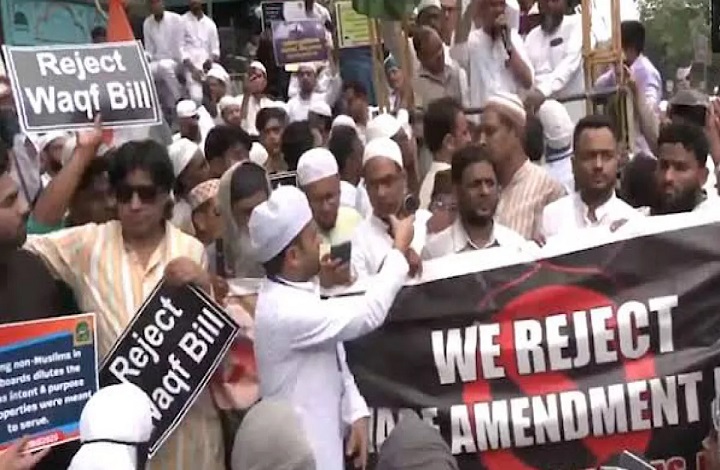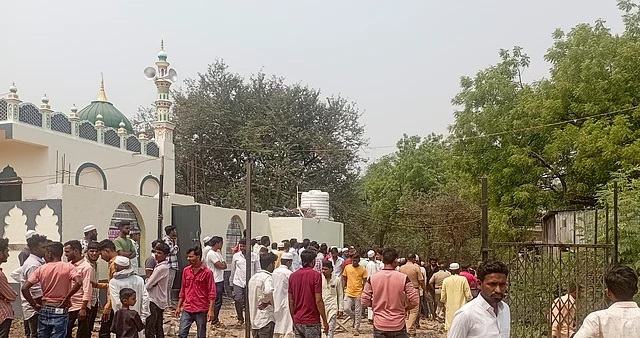The Islamic Movement in Nigeria (IMN), commonly referred to as the Shi’ites, has signaled its intention to pursue legal action against the Federal Government and the Nigerian Army over the alleged continued detention of several of its members, including more than 60 minors.
This announcement came during a press briefing held in Abuja on Thursday, where the group decried what it described as a brutal crackdown by military forces on its peaceful procession marking International Quds Day on March 28, 2025.
According to a legal team representing the movement, led by Barristers Bala Dakum and Yushau Uthman Dakum, the peaceful march held in the Banex area of Wuse II, Abuja, turned tragic when uniformed soldiers allegedly opened fire without provocation.
“Our clients, while participating in a globally recognized peaceful procession, were met with unprovoked gunfire by armed soldiers. This resulted in the tragic loss of 26 lives, while more than 30 others suffered severe injuries. Furthermore, at least 274 participants were arrested during the incident,” said Bala Dakum.
READ MORE: Baba Adinni Alleges Stakeholders’ Involvement in Lagos Central Mosque Crisis
The arrested individuals were reportedly transferred to the Nigeria Police Force, who allegedly held them at the now-defunct SARS detention facility located in the Abattoir area of Garki, Abuja. The lawyers claim that the detainees—among them dozens of minors—were subjected to inhumane conditions and coerced into signing statements without legal representation, in violation of the Administration of Criminal Justice Act (ACJA), 2015.
The legal representatives further alleged that over 60 minors are among those still being held, sharing detention spaces with suspects of serious crimes—an act they argue contravenes both the ACJA and the Child Rights Act.
Adding to the group’s grievances, the lawyers stated that the bodies of those killed in the violent episode have not been returned to their families. Instead, the corpses are reportedly being stored in undisclosed locations, denying the victims the Islamic burial rites which require immediate interment.
“This action is not only a violation of Islamic practices but also an unnecessary extension of suffering for the bereaved families. It is unacceptable and unjustifiable,” Dakum emphasized.
The legal team described the incident as part of a broader pattern of state-sanctioned hostility against their clients, dating back over a decade. They argued that when left alone by security forces, the Shi’ite processions across Nigeria have always remained peaceful.
“Even on March 28, while the procession in Abuja ended in bloodshed, similar events in other cities concluded without incident,” Dakum noted.
He further asserted that the consistent targeting of IMN members suggests a deliberate attempt by the authorities to suppress their constitutional rights to religious expression, peaceful assembly, and freedom of association—rights enshrined in Nigeria’s Constitution and international human rights instruments.
When asked about next steps, Dakum affirmed that the legal route remains the only viable option for securing the release of those detained.
“We’re hoping for a resolution through dialogue. But if that fails, we will not hesitate to approach the courts to demand justice—particularly for the injured and for the minors who should not be in detention in the first place.”
The legal team also pledged to challenge the refusal to release the corpses of those killed if necessary, recalling previous instances where they had successfully secured court orders for similar situations.
“These are Muslims. Under our faith, the deceased must be buried immediately. Keeping their bodies indefinitely serves no legal purpose and only prolongs the grief of their families,” said Dakum.
He concluded by accusing the security agencies of intentionally inflicting psychological distress on the Shi’ite community by refusing to honor both religious obligations and constitutional rights.



